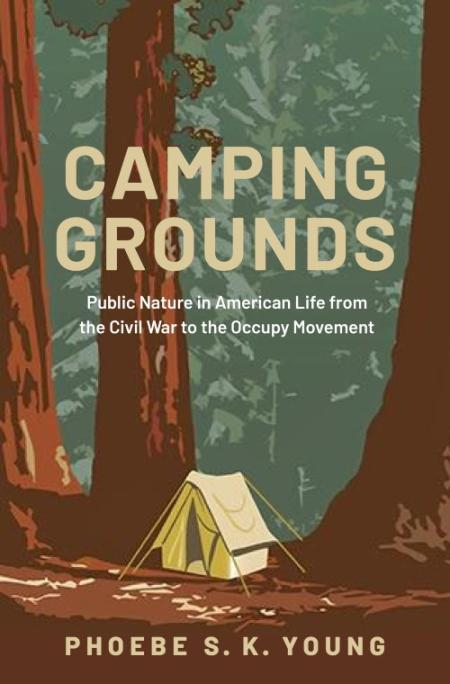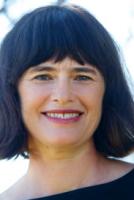
American Antiquarian Society
185 Salisbury Street
Worcester, MA 01609
United States
At first glance, camping out appears to be a simple and seemingly timeless proposition: pack up the car and put up a tent in the great outdoors, get back to nature and get away from it all. A closer look at the 19th-century roots of this recreational habit reveals a more complex landscape. Before camping became a widely popular, and federally supported, modern vacation choice, we can trace the crisscrossing paths and varied encampments of elite tourists, Civil War veterans, freedpeople, transient workers, naturalists, and Indigenous peoples. Their stories suggest the deeply interwoven histories of camping as recreational pursuit, functional dwelling, and protest tactic. Together, they show how Americans came to camp as a way of claiming a place in the republic, and why the outdoors remains critical to how we relate to nature, the nation, and each other.

Phoebe S.K. Young (BA Bryn Mawr College; PhD, UC San Diego) is Associate Professor of History at the University of Colorado Boulder, where she focuses on U.S. cultural and environmental history Her most recent book, Camping Grounds: Public Nature in American Life from the Civil War to the Occupy Movement (Oxford University Press, 2021), traces the hidden history of camping and the outdoors that connects a familiar recreational pastime to camps for functional needs and political purposes. She is also the author of California Vieja: Culture and Memory in a Modern American Place (University of California Press, 2006, published as Phoebe S. Kropp) and co-editor of Rendering Nature: Animals, Bodies, Places, Politics (Penn Press, 2015). She has received fellowships from the Henry E. Huntington Library, the Smithsonian Institution, and the American Council of Learned Societies as well as the CU Boulder Faculty Assembly Award for Distinction in Teaching and Pedagogy.